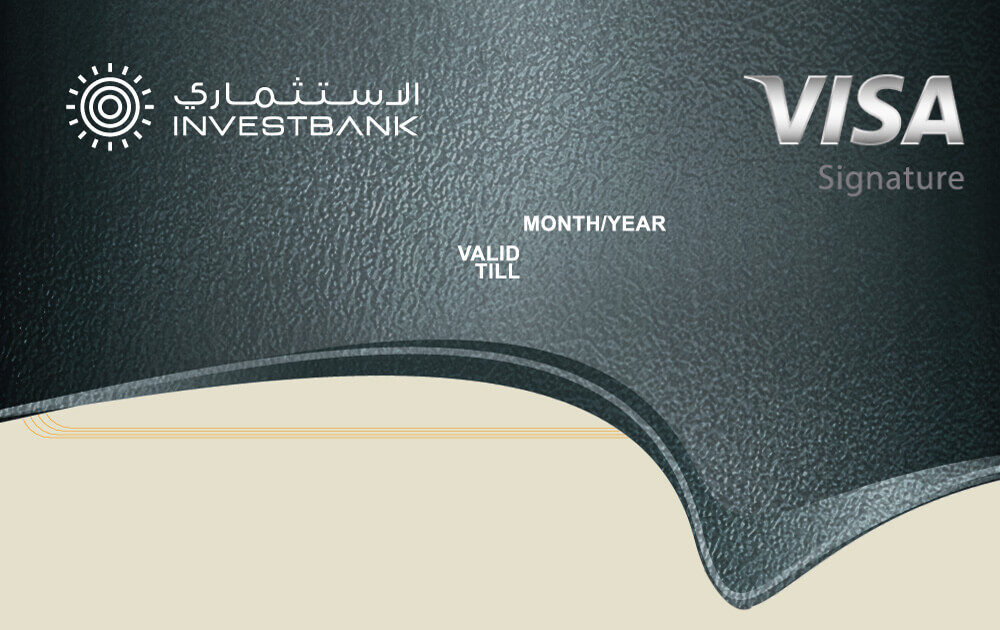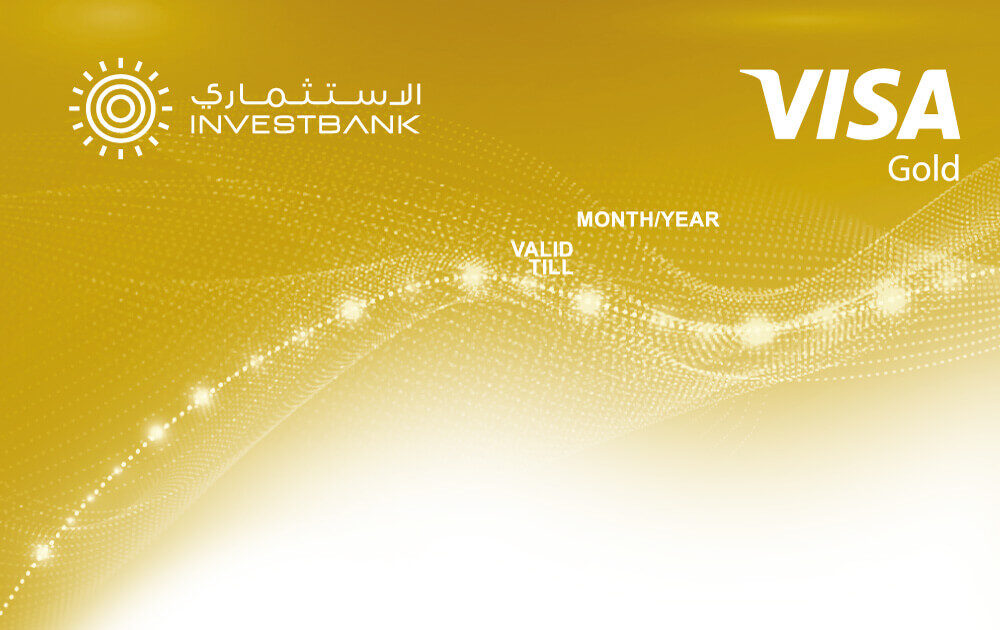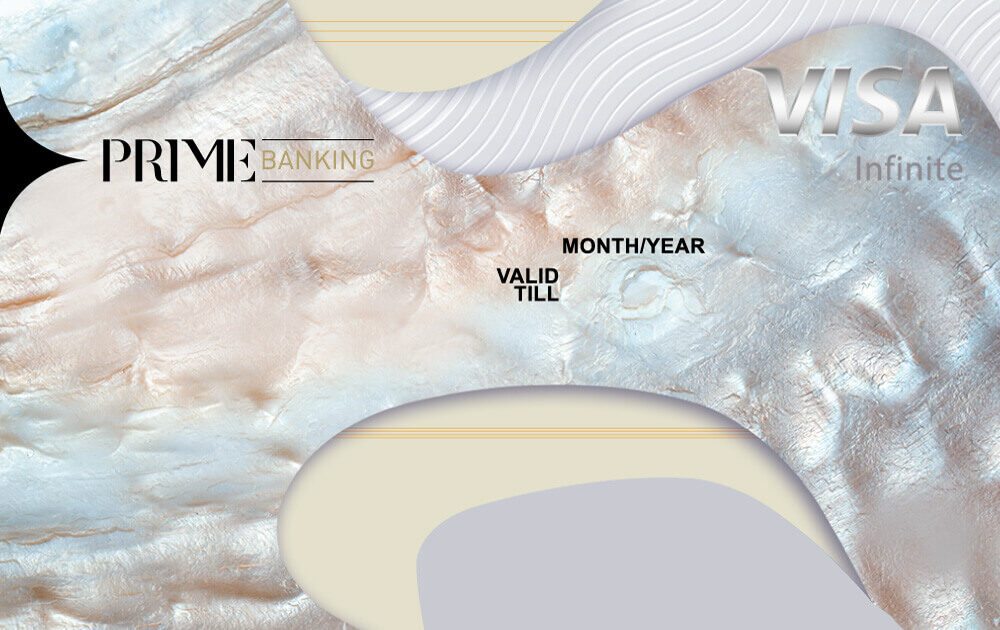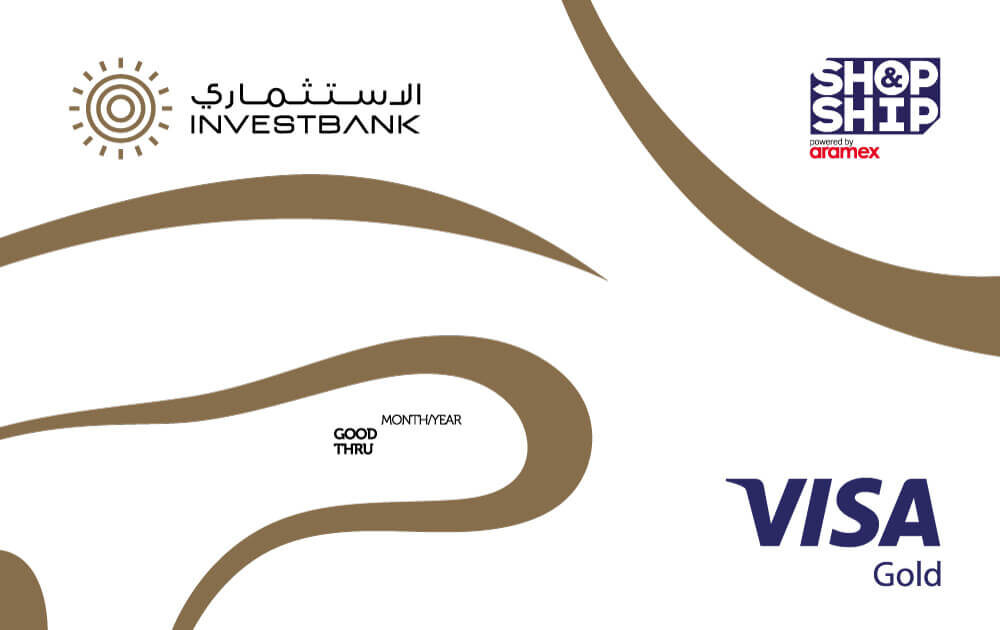Current Accounts
Current
Salary+
Basic Account
Digital Account
Saving Accounts
Saving
iSaver
Tip your kids
Travel Saving
Time Deposit
FlexiSave Account
Prime Banking
Welcome to the world of PRIME
Banking – a world centered around
your banking convenience… a world
where you can feel at home.







